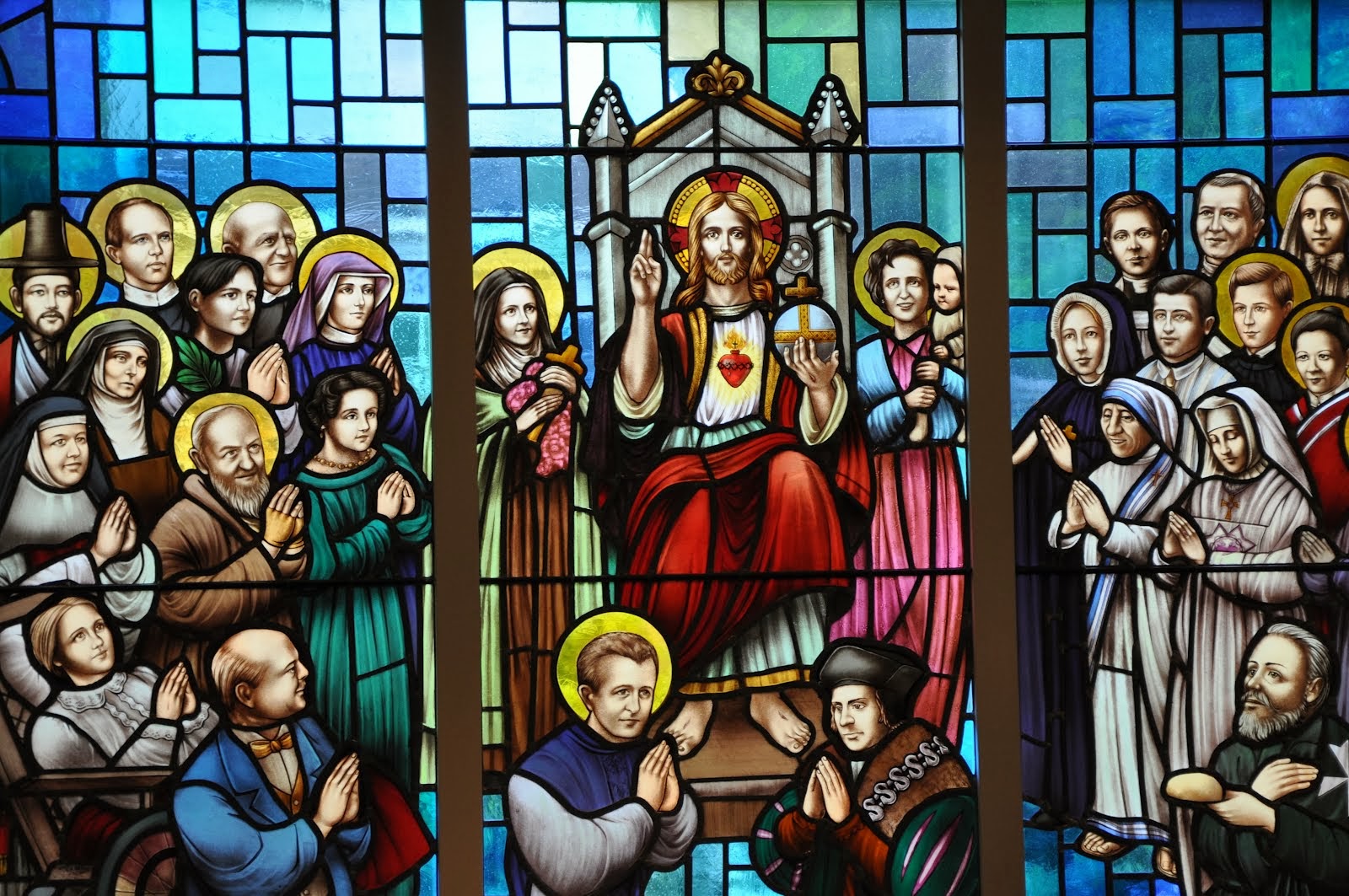
“[The Church] is called Catholic, then, because it extends over the whole world, from end to end of the earth, and because it teaches universally and infallibly each and every doctrine which must come to the knowledge of men concerning things visible and invisible…because it universally treats and heals every class of sins, those committed with the soul and those with the body, and it possesses within itself every conceivable form of virtue, in deeds and in words and in the spiritual gifts of every description.” St. Cyril of Jerusalem (4th century, Doctor of the Church)
“The Church’s foundation is unshakable and firm against the assaults of the raging sea.” St. Ambrose of Milan (4th century, Doctor of the Church)
“A house also is proved to be firmly built if, however much it is shaken, it remains standing. And the Church has ever proved indestructible. Her persecutors have failed to destroy her. In fact, it was during times of persecution that the Church grew more and more.” St. Thomas Aquinas (13th century, Doctor of the Church)
“The only cause of my death is my zeal for the Church of God, which devours and consumes me. Accept, O Lord, the sacrifice of my life for the Mystical Body of Thy holy Church.” St. Catherine of Siena (14th-15th centuries, Doctor of the Church)
“When vice runs wild, when persecution hangs heavy, when error is so cunning that it threatens her destruction by snatching many children from her bosom (and plunges them into the whirlpool of sin and impiety) – then, more than ever, the Church is strengthened from above. Whether the wicked will it or not, God makes even error aid in the triumph of Truth whose guardian and defender is the Church. He puts corruption in the service of sanctity, whose mother and nurse is the Church. Out of persecution He brings a more wondrous ‘freedom from our enemies.’ For these reasons, when worldly men think they see the Church buffeted and almost capsized in the raging storm, then she really comes forth fairer, stronger, purer, and brighter with the lustre of distinguished virtues.” Pope St. Pius X (19th-20th centuries)
“Do not be surprised by the present storms. The ship of Peter has weathered many such.” St. Charles de Foucauld (19th-20th centuries)
“It may take a long time for Western civilization to realize that the good it is seeking is the good that it left. The world will not quickly realize that the Church which it believed was so restraining to liberty is really the only force that can make us free, and that which was so much behind the times is the only institution which has survived the times.” Ven. Fulton Sheen (19th-20th centuries)
“We cannot but help feel sadness invade our soul when we hear heretical voices around us. And that is what they are, for I have never liked euphemisms. We see that the sanctity of marriage and of the priesthood is attacked without fear of rebuke. We see people deny the Immaculate Conception and the perpetual virginity of our holy Mother Mary, along with all the other privileges and gifts with which God adorned her. We see the perpetual miracle of the Real Presence of Jesus Christ in the Holy Eucharist, the primacy of Peter and even the resurrection of Our Lord put in doubt. How can anyone not feel tempted to sadness? Have confidence, for the Church is incorruptible. The Church will shake if her foundation shifts; but can Christ be moved? As long as Christ remains her immovable base, the Church will remain strong until the end of time.” St Josemaria Escriva (20th century)
“Against the spirit of the world, the Church takes up anew each day a struggle that is none other than the struggle for the world’s soul.” Pope St. John Paul II (20th-21st centuries)
